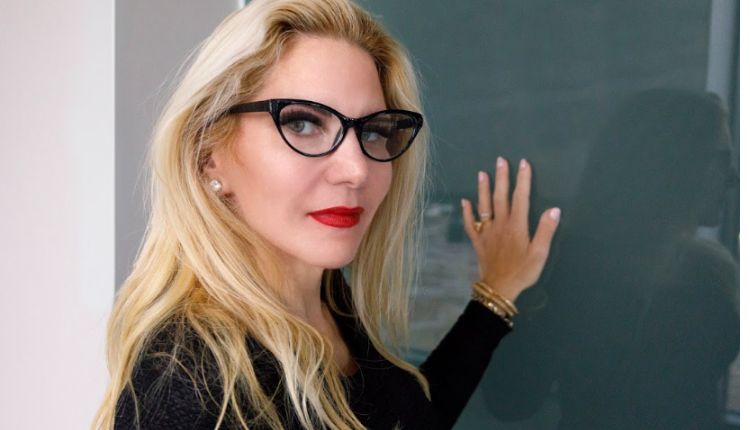
How Dr. Natanya Wachtel is Bridging the Gap between Traditional Models of Therapy and Betterment for GenZ’s Mental Health Struggles in the Age of Technology
The surge in mental health concerns among GenerationZ is reaching alarming levels. This demographic, born between the mid-1990s and early 2010s, has come of age in an era dominated by digital media. The relentless exposure to idealized images and lifestyles on social platforms has created a pervasive culture of comparison, intensifying the pressure to excel, appear flawless, and succeed in all facets of life.
Recent research published in the journal JAMA Pediatrics highlights that teenagers who spend over three hours per day on social media are at a greater risk of developing poor mental health, including low self-esteem. While traditional therapy approaches can help mitigate this issue, they may not always be enough. In light of this, mental health expert Dr. Natanya Wachtel is working to help refinine an outdated process.
With extensive experience in working with major healthcare, pharmaceutical, and tech brands, Dr. Wachtel is also well-versed in new and emerging digital platforms. Due to the increasing demand for mental health services and the obstacles that hinder individuals from accessing traditional therapy, she has dedicated her expertise to developing innovative solutions to address these concerns.
To engage Gen-Z in therapy, Dr. Wachtel joined the successful and talented Founder, Ivy Mahsciao ( https://www.linkedin.com/in/ivymahsciao/ ) to further develop evrmore, an Empathy AI™-powered start-up. evrmore incorporates the science of empathy, psychology, and artificial intelligence to empower young people to be their best selves and prioritize their mental wellness.
The evrmore app is programmed to comprise three distinct features aimed at bridging the gap between traditional models of therapy and patient well-being. It assists therapists in understanding the mindset of their patients, as well as for users who want to self-evaluate their mental well-being.
Resilience Training: Building Essential Skills for Mental Well-being
The first feature focuses on resilience training. It aims to teach patients essential skills such as effective communication, emotional regulation, and coping mechanisms for challenging situations. All these skills are taught in traditional therapy, but not all teenagers have access to it. Whether it be the cost or unavailability due to long waiting times. Factors such as cost and long waiting times can limit their access to these services.
Audio Journaling: Gaining Insights and Enhancing the Productivity of Therapy Sessions
The second feature of the app allows users to keep an audio journal of their experiences and reactions to different events in their lives. This can provide valuable insights not only for individuals who want to evaluate their own mental health but also for young therapists in their therapy sessions. Dr. Monson (L.M.H.P) says, “I am now able to capture prevalent moods on demand. For therapists who are just starting a practice like myself, laser insights in case management are crucial during the early stages, and this really ups my game.”
Also, in traditional therapy, sometimes important information can be forgotten or not properly remembered from one session to another. This can create a disconnect and make it difficult for patients to remember important details which are crucial for therapy. As one patient put it, “It feels like things are disconnected, and I worry that I might forget important and helpful things.” This feature helps resolve this issue as well.
Customized Interventions and Rewards: Motivating Progress and Personal Growth
The third feature offers customized interventions and rewards, giving patients a sense of accomplishment as they progress through their treatment. By using intrinsic motivations and game theory, the app helps patients stay engaged and motivated during their therapy journey. This feature, unlike traditional therapy, where patients may feel disengaged or uninterested, offers reassurance and encouragement by tracking progress and promoting personal growth.
Through all of these aspects, evrmore offers users tailored insights and endeavors to tackle the mounting mental health issues faced by the younger generation. Dr. Wachtel believes that together with clinicians and traditional models of therapy, modern technology in the form of evrmore can be used to aid in the overall betterment of Gen-Z.
Also, one of the biggest challenges people have to face is the limited availability of mental health care professionals and services. The long waiting periods for mental health assistance can exacerbate the already distressing situation. These digital platforms serve as a supplement to traditional therapy, allowing young people to proactively manage their mental well-being while waiting for more formal treatment.




